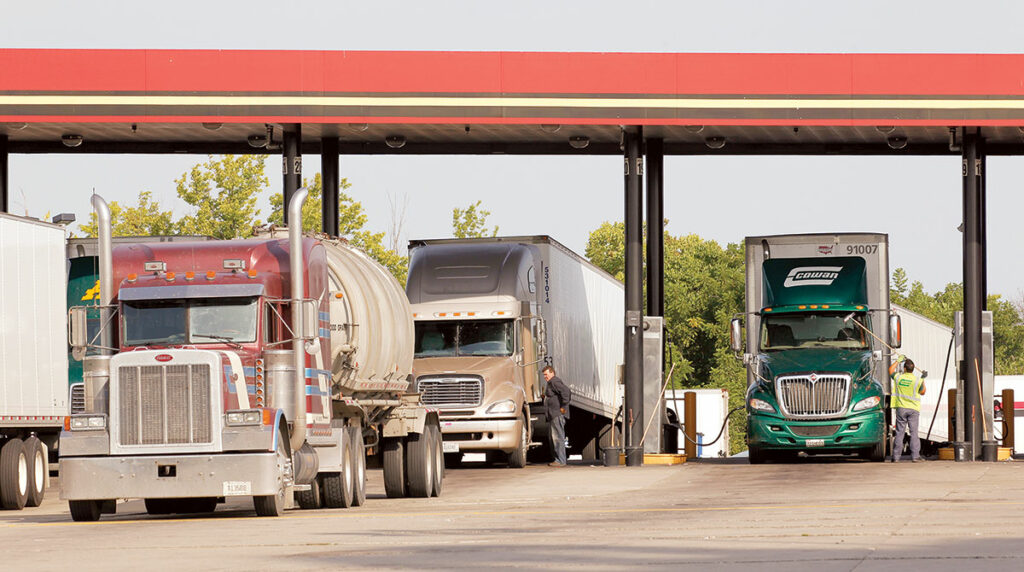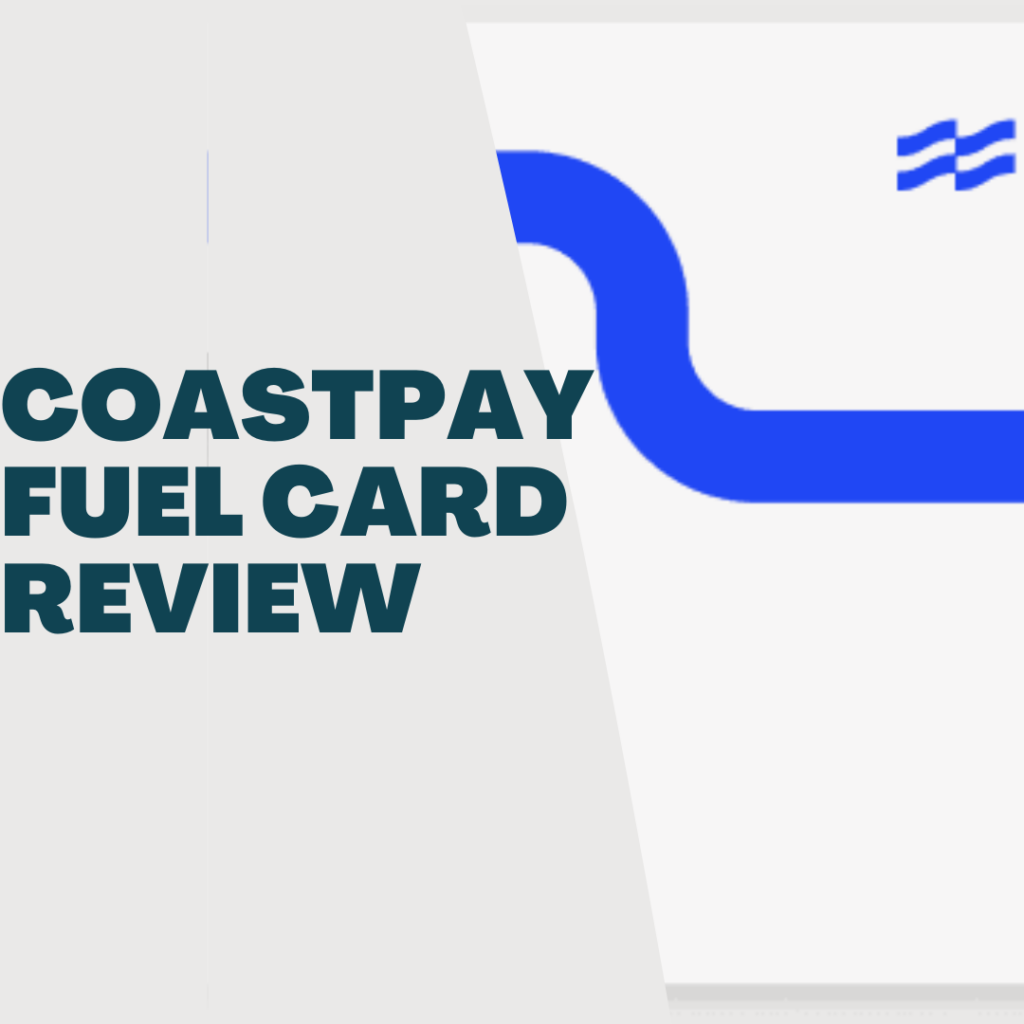A healthy cash flow is crucial to keeping your fleet of vehicles on the road. Freight Factoring can help your business with fast cash that keeps your trucks rolling.

Trucking companies and owner-operators are just as concerned as other businesses with reducing overdue invoices, maximizing cash flow, and achieving business growth.
Irrespective of the economic situation, you need to maintain your vehicles, fuel them, pay drivers, and other expenses. These bills can add up so fast that you may incur some debt if cash is not flowing in at a steady clip.
Freight factoring will help you get your cash immediately without the responsibility of tracking unpaid invoices, ensuring you can secure the steady stream of income your business needs to survive and grow.
In this article, we will explain the meaning of freight factoring, and show you how to factor freight. We will also highlight the five best freight factoring companies and examine the impact of your creditworthiness on your chances of factoring your freight.
What is Freight Factoring?
Freight factoring, also known as freight invoice factoring, is a service that provides immediate funds for freight bills and customer invoices to truckers/fleet owners so that they don’t have to wait until the customers pay.
The freight factoring company will buy your unpaid invoices at a slight discount, and you will get money to infuse into your business immediately – instead of waiting for your customers to pay.
The freight factoring company will take on the responsibility of recouping unpaid invoices from customers. This predictable cash flow will make it easy for you to pay your drivers on time and avoid incurring more debt.
If you have customers that usually take a long time before paying, or you are not sure about the creditworthiness of your new customers, freight factoring is the right cure for your headaches.
How to Factor Freight
The usual practice is that trucking companies send invoices to customers for the services they render and then wait for them to pay.
This approach doesn’t help a trucking company maintain a steady stream of income, since some customers won’t pay on time, and companies need constant cash supply to take care of several bills while also ensuring the business runs smoothly.
Freight factoring may sound like a loan, but it’s not. The way it works is quite simple. Unlike banks that ask for collateral on loans, the freight factoring lender gets your unpaid invoices in exchange for the funds you receive.
How does it work?
Step 1: Submit a factoring application
The freight factoring company will review the creditworthiness of your customers, select the customers whose invoices they will factor, and outline the terms of your factoring contract.
These contract terms will lay out the advance, factoring, and reserve rates.
The advance rate is the percentage of the invoice that the freight factoring company will pay to you immediately you submit the invoice.
The factoring rate is the percentage that the company will charge as payment for its services.
The reserve rate is the percentage of the invoice that the company will keep as security until your customer pays. If your customer pays in full, the company will refund the reserve to you.
If your customer falls short, the company will deduct it from the reserve, and pay the rest to you.
For example, if you are factoring a $1000 invoice with a 90% advance rate, 5% factoring rate, and 5% reserve rate.
You will get $900 immediately and the company will keep $50 as payment for its services. The company will hold the $50 left in reserve. If your customer falls short, the money will be deducted from the $50, and the rest will be sent to you.
Step 2: Deliver the load and send over the paperwork
Deliver the freight, prepare the invoice, and get the bill of lading signed. The bill of lading will be evidence that the load has been delivered.
Submit the invoices and other documents to your freight factoring company. Most freight factoring companies have online platforms and apps where you can easily submit your paperwork.
The company will buy your invoice and pay you the advance immediately (within 24hours) using the advance rate specified in your contract.
Step 3: The freight company will make collection calls and pay your reserve
A dedicated account executive will make calls to collect the amount owed, and the company will deduct any outstanding funds from your reserves.
If your customers pay in full, the company will refund you the whole reserve amount.
How will the freight factoring company calculate your rates?
How your factoring company calculates your rates will determine the percentage of each invoice you will get immediately, the fees you will pay on each invoice, and the percentage that will be held in reserve.
Factoring companies typically use the following criteria to calculate rates:
The number of your customers
The more customers you have, the better your rates will be. If you have a diversified customer base, the risks will be reduced for the factoring company, and they will be more willing to offer you a higher advance rate.
If you have a single customer, few companies will be willing to work with you. A trucker with a single customer has a 100% customer concentration.
If the creditworthiness of that single customer is affected, the factoring company will have to bear the risk.
The only exception is if that sole customer is a highly reputable business that is highly unlikely to default on payments.
Your sales volume and average collection period
The volume of invoices you generate every month will also affect your rates. The more invoices you generate, the lower your factoring fees. Some companies even require a minimum volume of invoices.
The average collection period is also important. The shorter the time it will take the factoring company to collect funds for unpaid invoices, the lower the risk.
If your customers pay on time, your rates will be lower.
The Creditworthiness of your customers
This is the most important criterion. Trucking companies with a large number of reputable customers that have solid credit scores can get factoring fees as low as 2%.
For truckers with unreliable customers, the rates are much higher.
What are the types of freight factoring?
Recourse Freight Factoring: in this type of agreement, the trucking company will take on the risk of non-payment of invoices in exchange for lower factoring rates. This means the factoring company has the legal right to collect the payment for unpaid invoices from you.
Non-Recourse Freight Factoring: here the factoring company will take on the risk of non-payment, but you have to pay a higher factoring fee.
Recourse factoring is the most common, and it’s the best option if you are familiar with your customers and you are confident in their creditworthiness.
If you are new to the business, or you can’t vouch for the creditworthiness of your customers, you are better off choosing non-recourse freight factoring.
Freight Factoring Credit & Credit Checks
Your personal or company credit scores are not important for getting approval for your application, since it’s your customers’ information that will be used. Your approval will be based on the creditworthiness of your customers.
Factoring freight is a smart way to improve your financial strength and credit score while building a successful business. So, don’t let your credit history stop you from taking on new opportunities to grow your business.
Freight factoring approval varies from one factoring company to another, but most factoring companies will still fund trucking companies with financial issues.
If you have poor credit, bankruptcy records, or even tax liens (provided you have an agreement in place with the IRS), you should still be able to get a freight factoring company to fund your business.
Should Freight Brokers Hire a Factoring Company?
As a freight broker, you need to wait one month or more for shippers to make their payments while bearing the responsibility to pay your carriers immediately.
Most shippers will set terms to pay you after 30 to 60 days, and you don’t really have a choice but to agree with them. However, most carriers are small to medium businesses that need funds immediately, and don’t have the luxury of waiting for your shippers to pay the money owed.
You need to offer Quick Pay if you want to work with reliable carriers.
Insurance will cover the costs of damaged or undelivered freight, but no bank will lend you money to pay carriers with your invoice as collateral.
This is where freight broker factoring comes in. Just like regular freight factoring, the factoring company will buy your invoice and advance 90% or more to you as instant payment.
The factoring rate and reserve rate will cover the rest. This way, you can maintain a steady cash flow to pay your carriers and for other expenses without waiting for shippers.














